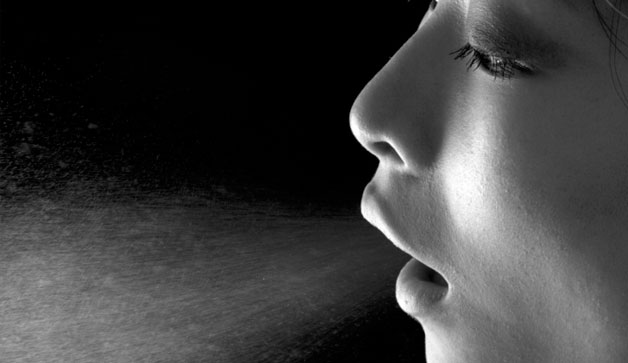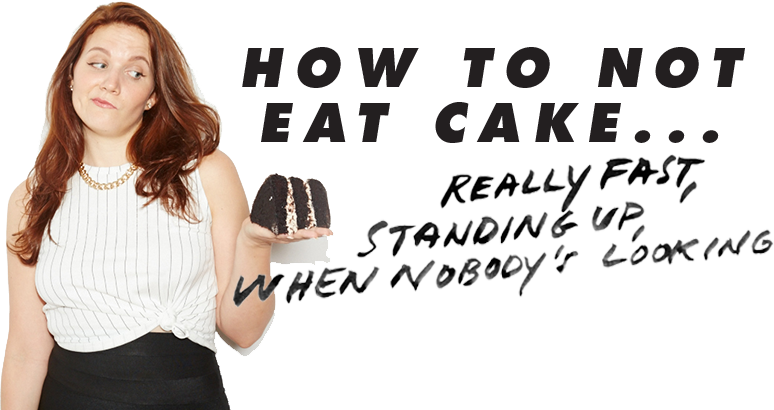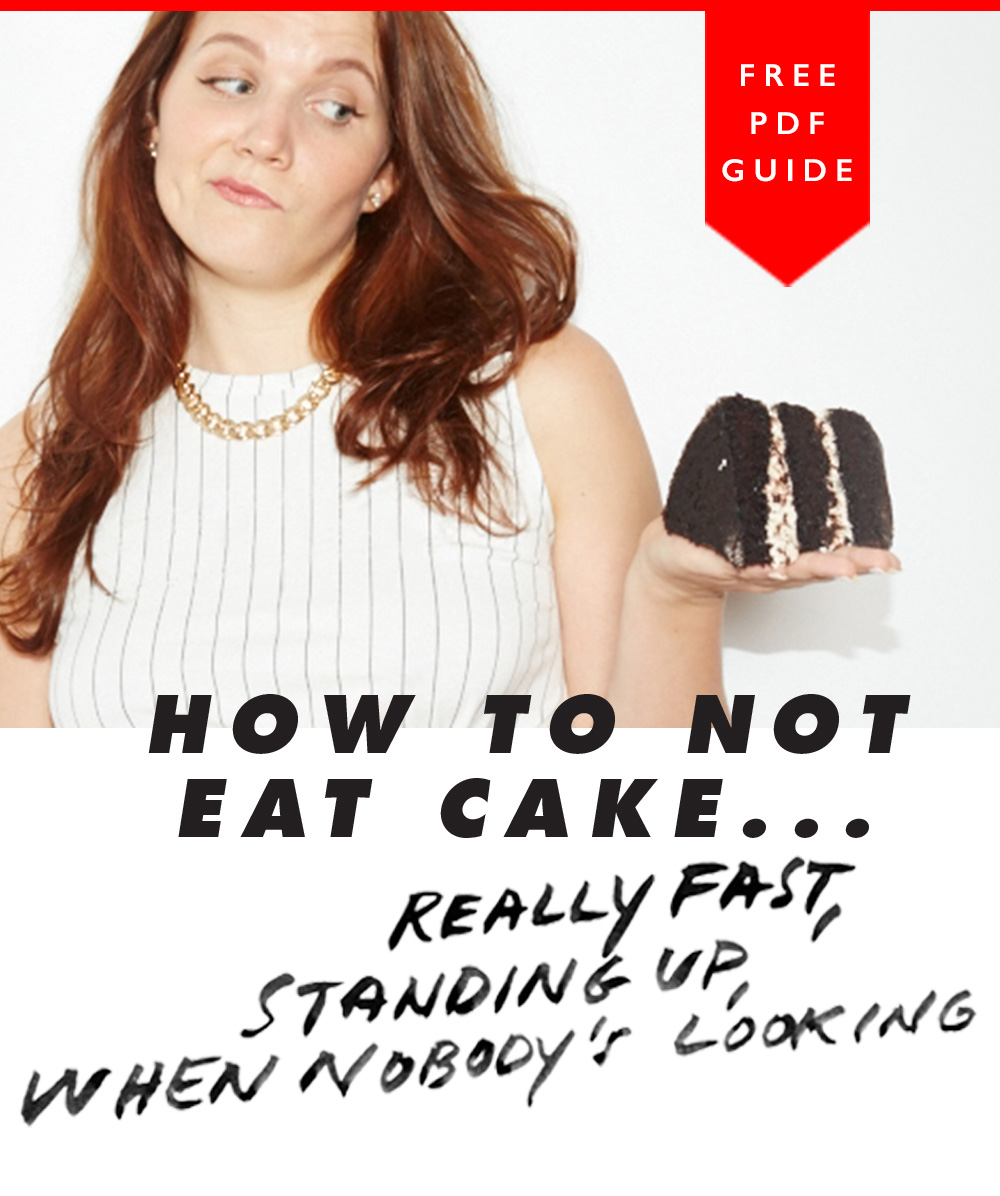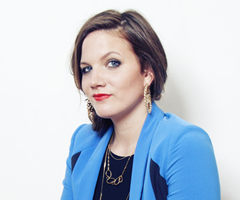When I ask women why they have trouble loving and accepting the way they look right now, they almost inevitably say, “because I don’t find my current size attractive — and that’s never going to change.”
We have it in our minds that what is “attractive” is fixed and unchangeable — like, we popped out of the womb having certain beauty standards, and that what we find “attractive” is natural or innate to us, rather than being something we learned.
Despite common misconception, what is “attractive” or “beautiful” is what we are taught is “attractive” or “beautiful” — largely by the messages and people by whom we choose to surround ourselves.
This shouldn’t sound like news. You should all be nodding your heads saying “yeah I read that in that feminist blog somewhere.”
But here’s the thing that even women who “know this,” don’t seem to get:
If we learned what is attractive, we can unlearn it. Or learn that something new is attractive as well.
What you find “attractive” can change. And more easily than you think.
When I was 13 years old I saw my first pair of Ugg Boots. I thought they were the ugliest pair of shoes I’d ever seen. I can’t even go into all of the reasons I thought Ugg Boots were ugly, they just were.
As the year went on, however, more and more of my friends started buying them and wearing them to school with cute outfits and slowly but surely, I started seeing them in a totally different light. All of a sudden they started to look really cute! And by my 14th birthday, I had three pairs.
Ditto with skinny jeans. And freckles. And dudes with long hair.
(Can you think of any examples of this in your own life??)
What individuals find “attractive” is changing constantly — depending on personal experiences, the people we hang out with, and the messages we choose to surround ourselves with.
If you’re struggling to find yourself attractive — as you are, in your current body — what are you doing to influence your own definition of that word?
Are you reading fat shaming media? Or body positive media?
Are you hanging out with fat shaming people? Or body positive people?
Are you looking for the beauty in body diverse shapes, or are you brushing them off as “unattractive” as if “unattractive” were a fact?
When you understand that you’re capable of changing your own definition of “attractive,” and understand that finding something beautiful is a skill to be developed —
You will start to take actions to get there.
THAT’s what body image work is — actively looking for the beauty in yourself and others, rather than sitting around passively hoping something changes.
 that eating is a biological instinct,
that eating is a biological instinct,


